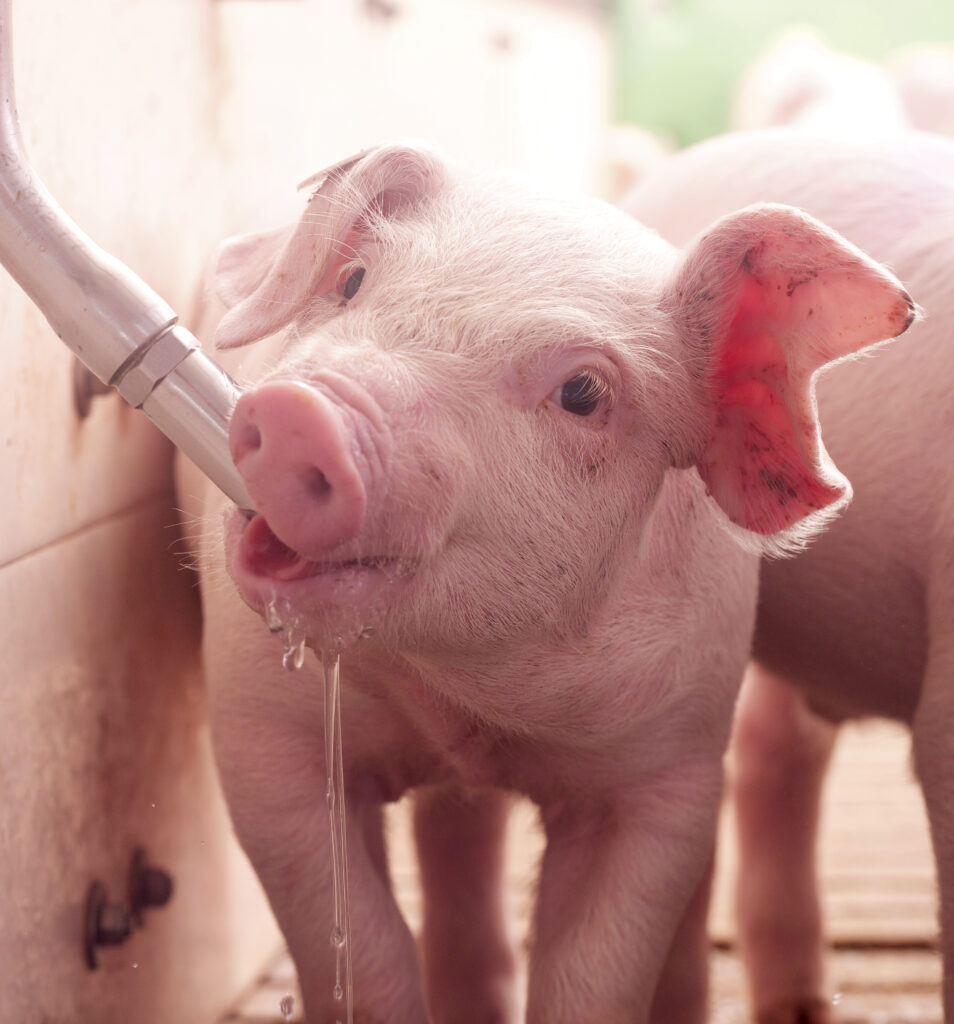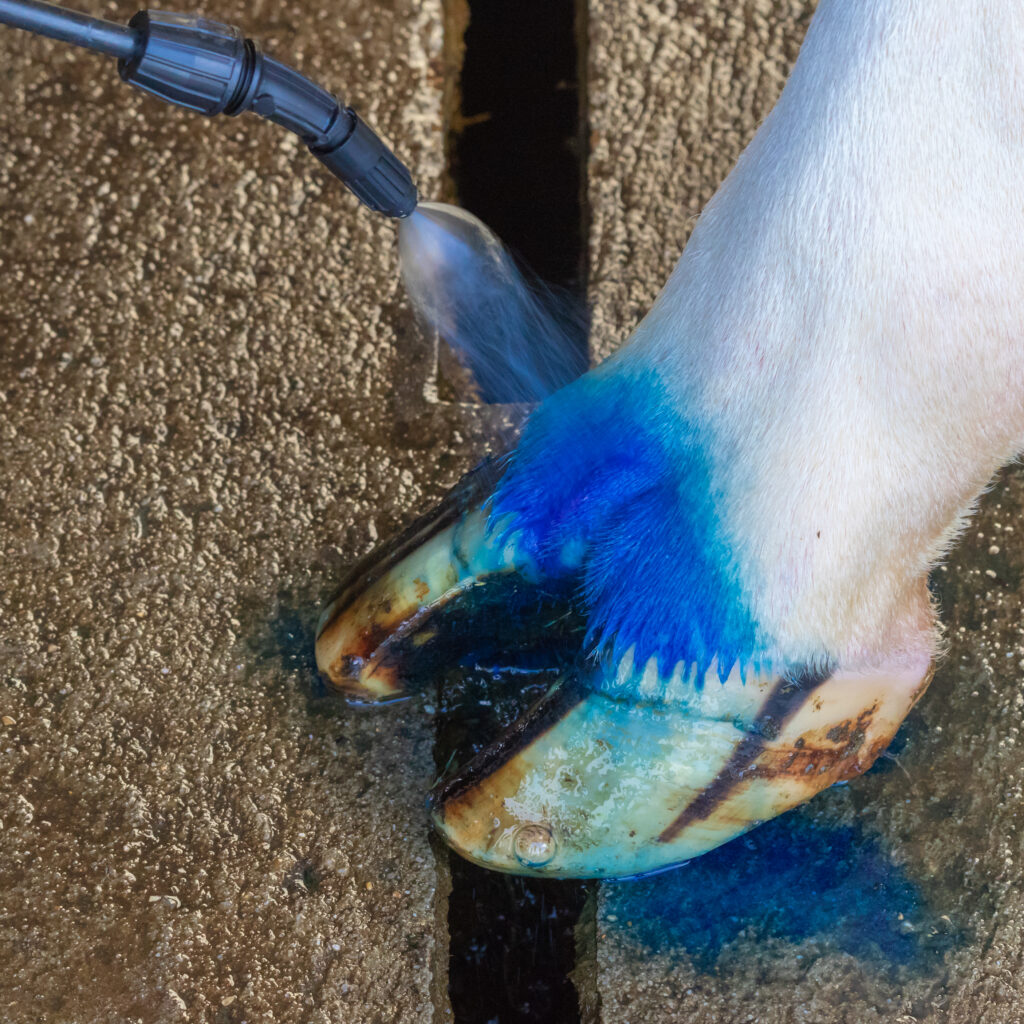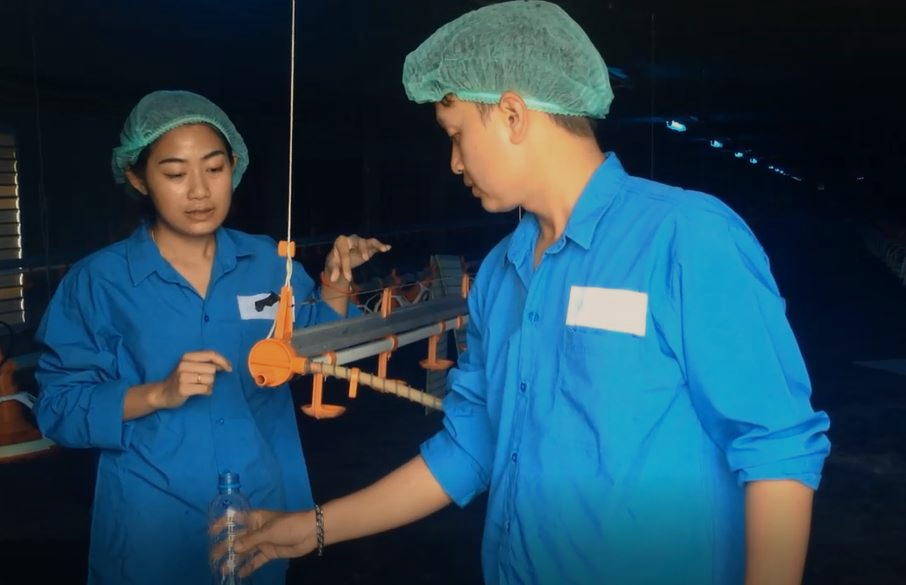At Kanters, we support animal health and look for alternatives for antimicrobials. The misuse and overuse of antimicrobials in humans, animals and crops have accelerated the emergence of resistant pathogens, making infections harder to treat and increasing the risk of disease spread, severe illness, and death. Basically, antimicrobial resistance (AMR) poses one of the most significant threats to global health, food security, and development today. To address this critical issue, the Food and Agriculture Organization (FAO) launched a groundbreaking initiative: the International FAO Antimicrobial Resistance Monitoring (InFARM) system.
What is InFARM?
InFARM is a global information system consisting of an IT platform and related FAO activities that assist countries in collecting, collating, analysing, visualizing, and effectively utilizing their AMR surveillance and monitoring data in animal and food production. The FAO launches InFARM as part of the One Health approach, integrating human, animal and environmental health sectors. InFARM aims to generate reliable data on AMR in animal and food production. This data is crucial for understanding the spread of resistance and for developing effective strategies to mitigate its impact.
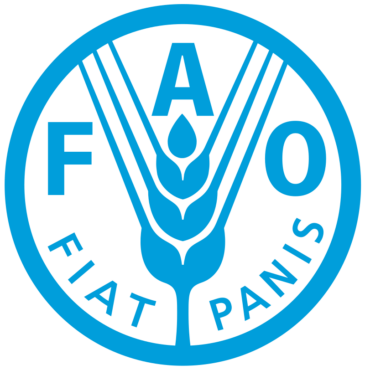
Goals and phases of InFARM
The primary goal of InFARM is to generate reliable data on AMR in animals and food. This will enable evidence-based interventions and policies. The implementation is divided into three phases:
- Early Implementation Phase (2023–2024): This initial phase focuses on setting up the system, providing tools and training to participating countries. Additionally, voluntary participation is encouraged.
- Expansion Phase (2025–2026): The system will expand to include more countries and broaden the scope of data collection.
- Consolidation Phase (2027–2030): This phase aims to strengthen and sustain the established systems, ensuring their long-term effectiveness and reliability.
Why InFARM matters
AMR does not recognize geographical borders, making it a global challenge that requires coordinated action. InFARM supports countries in building robust surveillance frameworks, ensuring high-quality, harmonized data collection, and facilitating data sharing across sectors. This harmonized, intersectoral approach is essential for effective risk analysis and decision-making processes. InFARM’s aim to fill gaps in global AMR data and share them will be an initial crucial step towards gaining an integrated database to gather political support, acquire funding and facilitate well-informed decision making.
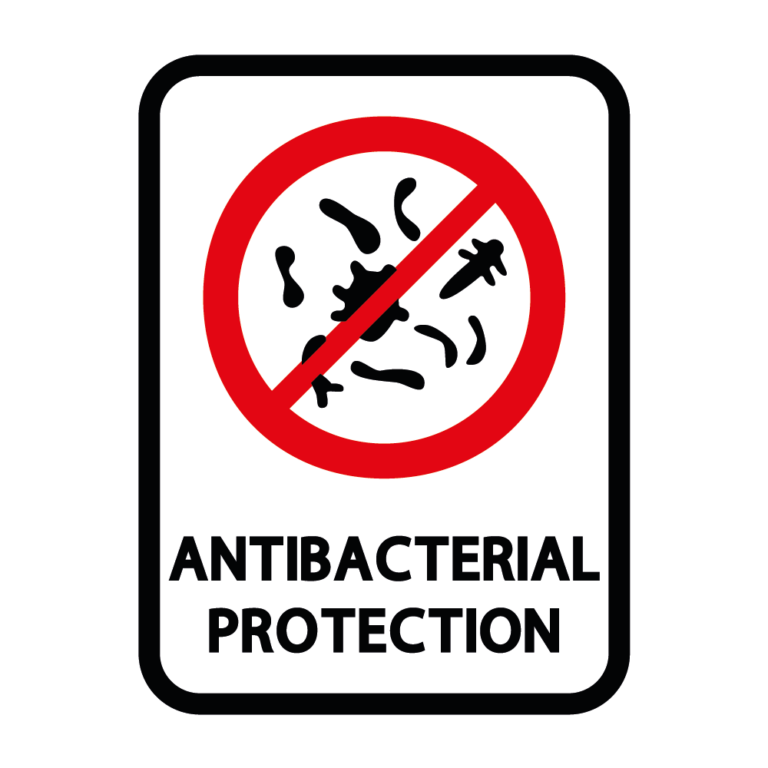
Kanters eagerly anticipates the development of InFARM and the valuable data it will generate. This new data will enable us to better target the use of our products, ensuring optimal effectiveness and improving animal welfare sustainably. As InFARM fills the gaps in global AMR data, Kanters stays committed to being part of the solution, leveraging insights to promote sustainable practices and enhance animal health worldwide.
Want to know more, or how to participate? Read the whole Manual for Implementation, or the short summary.

